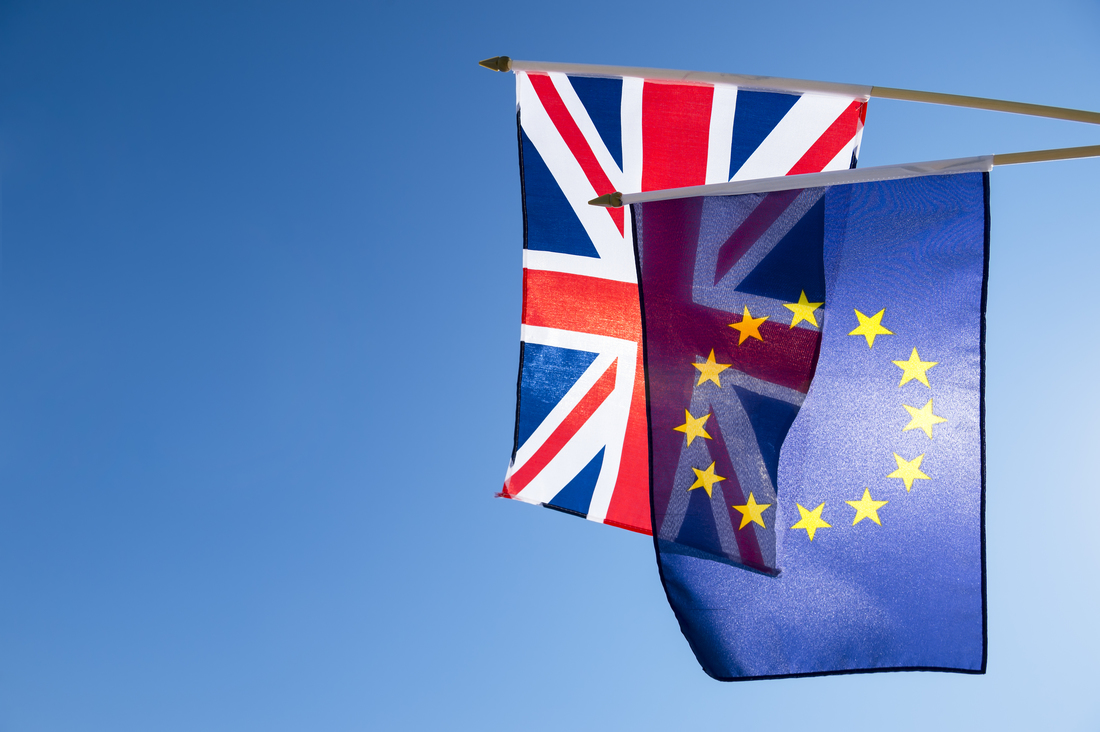Are you ready for the post-Brexit era?
VAT, customs, GDPR and worker mobility
Since 1 January 2021, the United Kingdom is no longer part of the European internal market. The long Brexit negotiations led at the last minute to a new trade agreement between the European Union and the UK. This agreement regulates relations in all their dimensions, from trade and customs formalities, to the protection of personal data and to the organisation of international employment. As it’s impossible to answer all of the questions here, we have selected the ones we are asked most frequently.
Authors:
- Katrien Kegels, Senior Manager BDO Customs
- Luc Sambre, Senior Manager BDO Customs
- Johannes Pannus, Manager BDO Legal
- Pieter Goovaerts, Manager BDO Legal

VAT AND CUSTOMS
What are the consequences of Brexit for VAT?
There are significant changes in the qualification of the supply of goods to and from the UK. What used to be considered as intra-community supplies must now be classified as exports of goods. Those who buy goods from the UK no longer conduct an intra-community acquisition but import goods.
Those who satisfy the conditions can still get VAT exemption for certain transactions.
Finally, imports and exports change certain formalities, such as invoice notifications, import and export formalities, etc.
In practice, little will change with regard to the provision of services. For example, the localisation (country where VAT is due) remains unchanged. However, the VAT formalities and the mandatory invoice notifications do change.
What are the consequences of Brexit for customs?
Brexit removes the free movement of goods and services between mainland Europe and the UK, re-establishes border controls and requires all trade to comply with customs formalities. Thus, import duties and other customs duties can apply that require you to submit customs declarations. Your company can outsource the preparation and filing of these declarations to a customs representative (via direct or indirect representation), or you can do everything yourself provided that you have the necessary knowledge and permits.
Do I have to pay import duties?
In principle, you have to pay import duties. However, those who can demonstrate that goods exported from the EU to the UK are of EU origin (so-called preferential origin) or, vice versa, that goods exported from the UK to the EU are of UK origin, can obtain an exemption from import duties. In other words, you must be able to prove that the goods originate from the EU or from the UK. The responsibility for proving the origin of the goods is placed on the companies through a self-certification system!
You must prove the preferential origin with a certificate of origin. For shipments with a value above EUR 6,000, a REX registration is required (proof that you are a registered exporter).
Imports of goods into the UK are exempt from the burden of proof on EU preferential origin for smaller shipments (value less than GBP 1,000).
Good to know: the proof of origin can be provided up to three years after the export. In the meantime, you will have to pay the import duties, but they will be refunded once proof of origin is provided.
When do I have to pay VAT on my import transactions?
You pay VAT when the value of the imported goods exceeds EUR 22. An exemption applies to imports of low value goods (< EUR 22), in particular for e-commerce. From 1 July 2021 onwards, this exemption will cease to apply due to changes in the e-commerce regulations. In principle, the import VAT is payable immediately as soon as the goods enter the European Union.
What about the non-tax measures?
Unless otherwise specified, all non-tax measures (health, safety, economy and environment) that apply to third countries will also apply to trade to and from the United Kingdom.
PROTECTION OF PERSONAL DATA (GDPR)
Do I need to take additional measures with regard to GDPR?
The new trade agreement provides for a transitional period (from 1 January 2021 to 30 June 2021 at the latest) during which personal data can continue to be exchanged as before. In this transitional period, the EU is examining whether the UK has a level of protection that is essentially equivalent (adequate) to that of the GDPR (‘General Data Protection Regulation’) – and, should that not be the case, whether or not additional safeguards are needed after 30 June to adequately protect the exchange.
On 19 February, the European Commission published a draft decision for an adequacy decision with regard to the UK. The final adequacy decision is expected before 30 June 2021. Such a decision means that the EU considers the level of protection for personal data to be equivalent to the GDPR and that the EU can transfer data to the UK freely and without additional measures.
If the UK still qualifies as a ‘third country’ (as defined in the GDPR Directive), Belgian companies must take the following measures:
What if one of my branches or subsidiaries is located in the UK?
As stated above, the GDPR will continue to apply in the UK during the transition period until 30 June 2021 at the latest. It is likely that the above adequacy decision will come into force at that time (at the latest), allowing you to continue to exchange data with your affiliate/subsidiary without having to take any additional measures. If the UK measures are inadequate, then you must put appropriate safeguards in place, as explained above.
What can my company do to properly protect personal data?
Those who know what obligations they must fulfil with regard to the protection of personal data avoid financial and reputational risks. Therefore:
What about companies based in the UK offering goods and services to EU data subjects or monitoring their behaviour?
In the new trade agreement, the ‘one-stop-shop’ mechanism is no longer applicable. This means that only UK-based companies whose processing activities fall under the application of the GDPR must comply with the new rules. As from 1 January 2021, they must appoint a representative in the EU.
With regard to data flows from the UK to the EU, UK law has been in force since 1 January 2021. Since the UK decided that the EU provides an adequate level of protection for personal data, these data flows can take place without additional measures.
MOBILITY OF WORKERS
Do British workers need a visa to travel to Belgium?
British workers can travel to Belgium without a visa for a maximum of 90 calendar days within a period of 180 calendar days. For longer stays, to work or to study, or for business trips, UK workers do need to apply for a visa.
Do British workers need a work permit to work in Belgium?
British workers who were already established in Belgium on 31 December 2020 and who remain after 1 January 2021 will be able to obtain a new ‘M’ type residence permit at the municipality. With this document, they no longer need a work permit.
On the other hand, since 1 January 2021, British workers who are not yet established in Belgium must have permission to work or a work permit in order to work in Belgium. However, there are some exceptions, such as for attending training courses or for attending meetings in a private setting for a limited duration.
Is a temporary secondment to or from the UK still possible?
Yes, Belgian/UK workers temporarily seconded by their employer to work in the UK/Belgium can remain subject to the social security legislation of their home country. A condition, however, is that the period of secondment does not exceed 24 months and that the worker is not replacing another seconded worker.



















